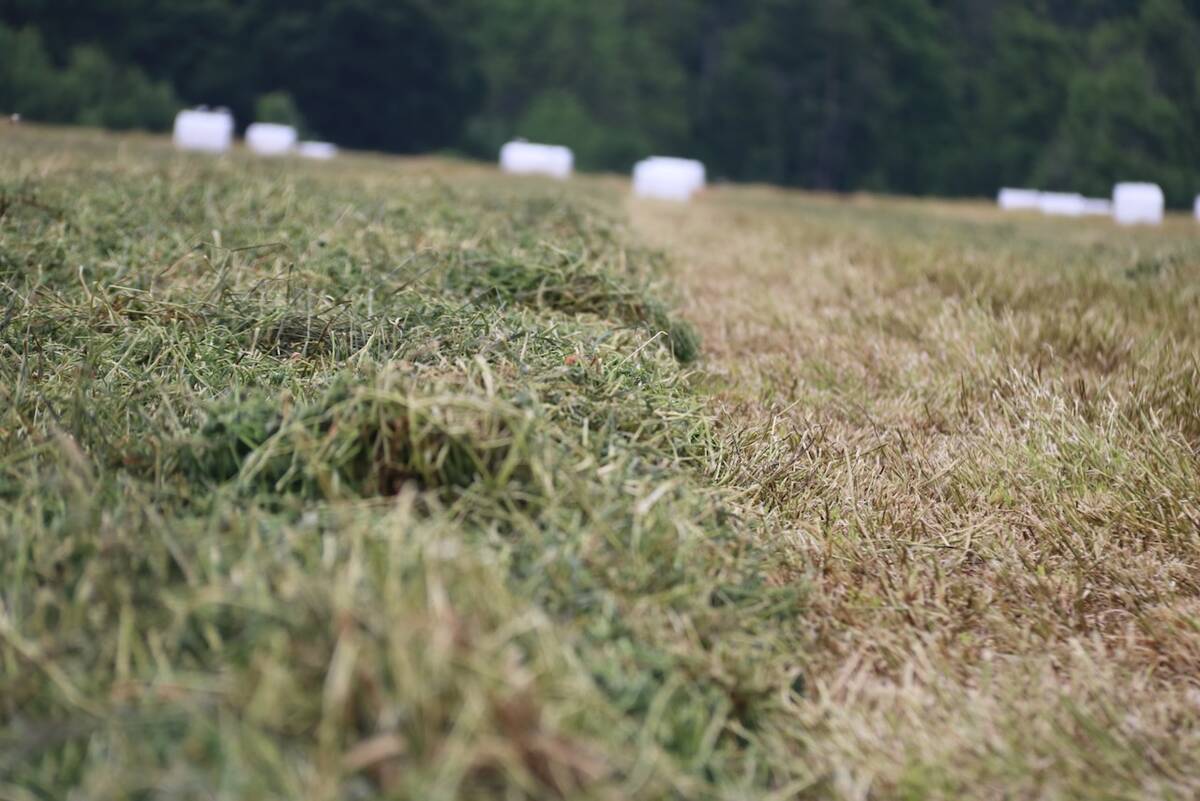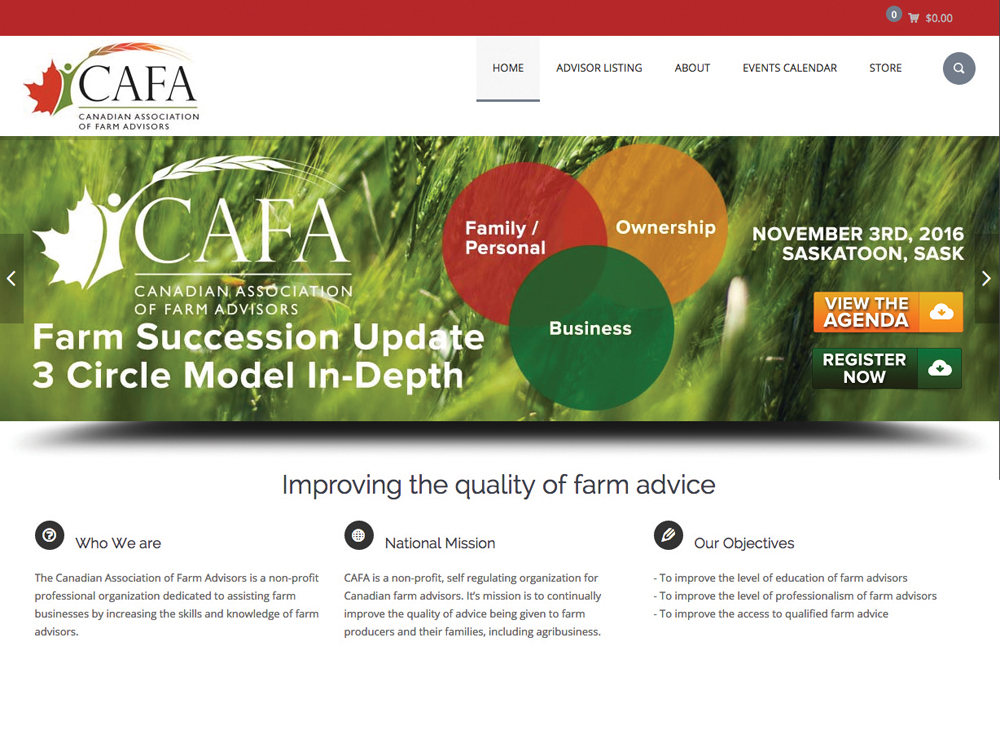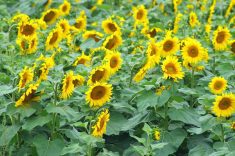An unexpected death, divorce, separation or long-term disability can cause huge issues for the farm business when that person is a key member of the operational or management team.
Panel members at the Manitoba Farm Women’s Conference (MFWC) in Brandon in November gave advice for farm women who could find themselves in this position.
Probably the first question a surviving spouse or partner needs to ask is in what capacity, if any, do you intend to manage the farm, said Jacqueline Gerrard of Backswath Management Inc., who provides consulting expertise to farmers and agribusiness.
Read Also

New high-performance forage training program to launch in 2026
A new Canadian Forage and Grasslands Asssociation high-performance forage program will be a resource for farmers, agronomists and others in the forage sector.
“Sometimes you are not going to have a choice — the cattle are still going to have to be fed the next day — but you need to pre-think in what capacity you would approach this situation,” she said. “Perhaps you are going to continue with the management of the farm because you are already doing it, it would just look different.”
In some cases, the farm might be kept going for a future sale, or as a future opportunity for children. But, Gerrard said, “Are your kids going to want to farm if you don’t continue to give them that experience of farming?”
If the decision is to take over management of the farm, what would you need to know, asked Gerrard. You need to understand who does what, and what everyone could be relied on to do should something happen. It’s a good idea to talk with all of the farm team while things are running smoothly. It’s also important, said Gerrard, to know your own capabilities, and identify areas where you would need to bring someone else in to manage all aspects of the farm.
Even if you have the skills to run the farm, consider if you have the time. “If you have kids, your time may already be taken up,” said Gerrard.
Make a plan to find the skills you would need. Is there a mentor that you know and trust that you could turn to for advice?
Know the net worth and who owns which farm assets, advised Gerrard. “It may not be possible to know every tractor and combine that’s out there, but to know yard sites, and who is the owner is important because where there are multiple farming partners, you might be farming all this land but if something were to happen, you would not necessarily have control over those assets,” she said. “Know who owns them and what you would have under your specific control if something happened.”
Is the farm in the financial position that it can take a few years of losses? If this is a new career, you may not be terribly good at it at first.
Make sure you know the content of shareholder or partnership agreements, and what will happen in the event of a death or disability. Know what assets will transfer to you, as well as any tax implications.
Know who is the beneficiary of any insurance policy. If the policy is through your farm business, it may pay the bank instead of you.
Know the magnitude of your debt, where it’s held and the obligations.
Know all the different people involved with the farm. Go to meetings with the banker, accountant or lawyer, talk to the seed dealer or input supplier, so everyone you need to deal with knows your face.
“Even if you are a farm woman that has limited involvement in the farm, I would suggest at a minimum you go to your annual accountant meeting where you are going to be presented your financial statements, and even if you have no idea what they are talking about, that’s OK — take it home and get someone who does understand it to explain it to you,” said Gerrard. “I would also suggest gong to the annual meeting with your banker because they have more of a net worth spin on things, so it’s important to see how they view the farm.”















